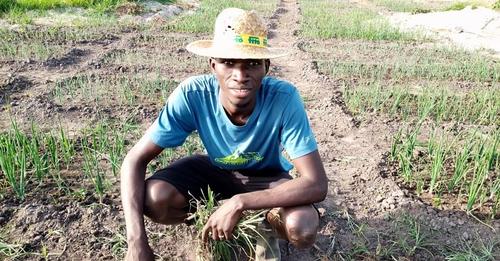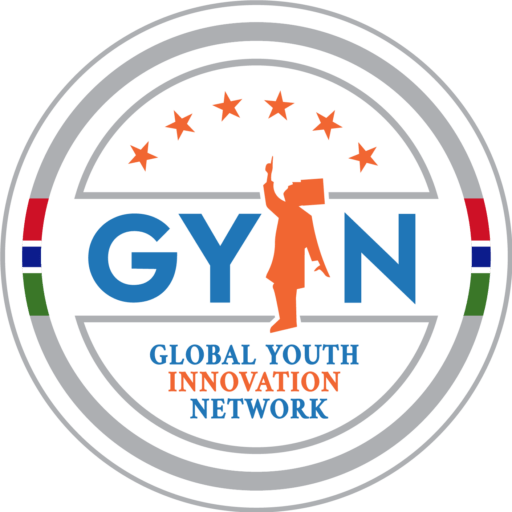
The story of poverty deterring youngsters from completing their education in the Gambia is something that resonates with many Gambians. One of them is Mr. Yusupha M.S. Jarju who lives in Kanuma, Lower Niumi District, North Bank Region (NBR).
Jarju narrated that ‘life was frustrating because he couldn’t continue his education due to financial constraints. Moreover, he became dependent, and the only thing in his mind at the time, according to him, was to embark on the perilous irregular migration journey locally-dubbed, ‘Backway’ to Europe.
However, Jarju had been able to raise D500 from the fencing and well digging–usually 1.5 meters deep–labor works he was doing for women gardeners in his area, he pointed out. He then opted for agriculture, reasoning because it’s his belief that, without embarking on the irregular migration route to the West, agriculture would change his life positively as well as contribute to the development of the country and the world.
The former Barra-Essau Upper Basic School student needs a proper water system and a fence to expand his gardening business, noting he started gardening in 2019 with tomatoes and onions.
Jarju has attended several capacity-building pieces of training, namely the Entrepreneurship, Leadership, and Information Technology (ELIT) National Youth Summer Camp 2020 organized by the Global Youth Innovation Network (GYIN) Gambia, Sandele Foundation, and International Trade Center (ITC) training on improving farming skills. He appreciated the moral support of his people, especially some of his friends, disclosing his community is always encouraging him to continue with the good work.

The youth farmer recalled that before the outbreak of Covid-19, he usually sold out his crops immediately after harvest as customers would visit his garden to purchase the product. However, he lamented that with the outbreak of the pandemic, customers are no longer coming to his garden to buy; he instead takes his harvests to the market to sell them.
In the meantime, Jarju is in need of some financial assistance to enlarge his business and enable him to erect a fence around his cropland to prevent possible invasion by stray animals.
The young entrepreneur also enjoined his fellow youth to venture into agribusiness, maintaining that way forward for the promotion of the food self-sufficiency drive.
